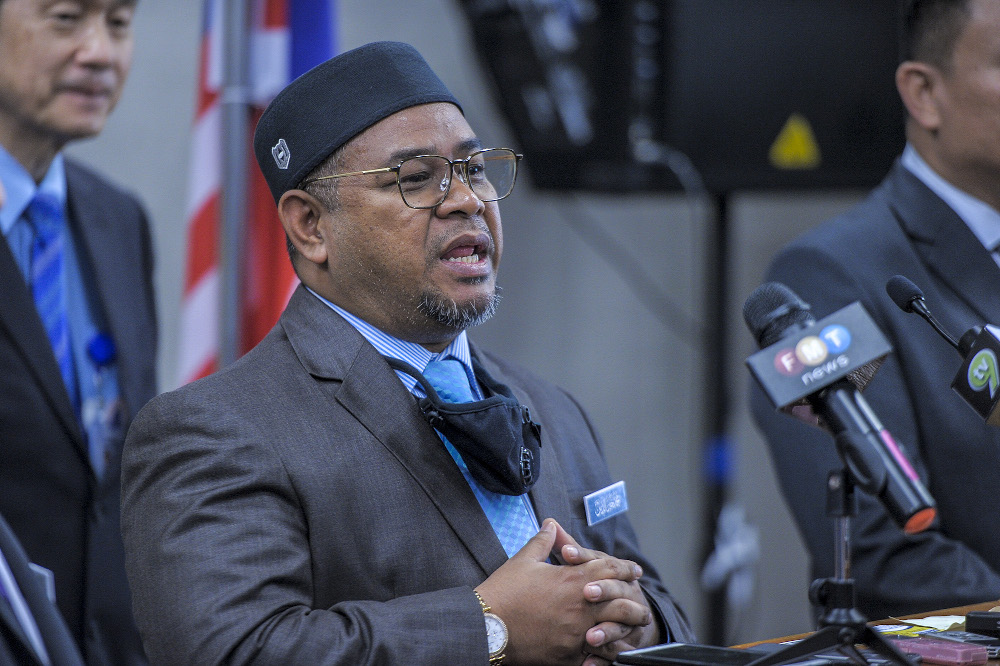MELAKA, Aug 26 — The agricommodity sector contributed about RM85.8 billion or six per cent to Malaysia’s gross domestic product of RM1,420.5 billion last year, says Plantation Industries and Commodities Minister Datuk Mohd Khairuddin Aman Razali.
He said the sector’s export value stood at RM125.6 billion or 12.7 per cent of total exports, noting nearly one million smallholders are involved in the sector, owning 2.44 million hectares (ha) or 34.9 per cent of the country’s total agricommodity cultivated area.
“The agricommodity sector in Melaka comprises 57,340 ha of oil palm, followed by rubber (14,115 ha), cocoa (18 ha), pepper (10 ha) and kenaf (13 ha) involving 12,412 smallholders.
“Melaka produced 110,509 metric tonnes of crude palm oil, rubber (15,400 tonnes), pepper (48 tonnes) and kenaf (121 tonnes), contributing RM300 million in 2019,” he said in a statement here today.
Earlier, he paid a courtesy call on Melaka governor Tun Mohd Ali Rustam at his office at Seri Negeri, Ayer Keroh here.
The visit was to update Mohd Ali on the sector’s current developments and direction, in particular the state’s involvement in the sector and its contribution to GDP.
Mohd Khairuddin said Melaka recorded several notable achievements, including an oil palm fresh fruit bunch (FFB) production of 8,033 tonnes by Koperasi Penanam Sawit Mampan (KPSM) Jasin, which made a profit of RM116,022 in 2018.
Melaka also recorded Peninsular Malaysia’s highest FFB sales last year at 10,472 tonnes with a profit of RM304,367, he said, adding it was also the first state to implement a pilot project for the RRIMniaga smartphone app in June 2018 involving three licensees, and as of July this year, 47 rubber dealers have used the app.
“For the timber sector, the Malaysian Timber Industry Board (MTIB) is collaborating with the state Economic Planning Unit and Malaccensis Sdn Bhd to cultivate karas in the vicinity of Jus Dam in Jasin to produce high-grade agarwood resin.
“The ministry and the state government are also working together to realise the state’s vision of the ‘Melaka Chocolate City’ through the development of an agrotourism-based cocoa downstream industry that produces coca products with a Melaka identity,” he added. — Bernama






















